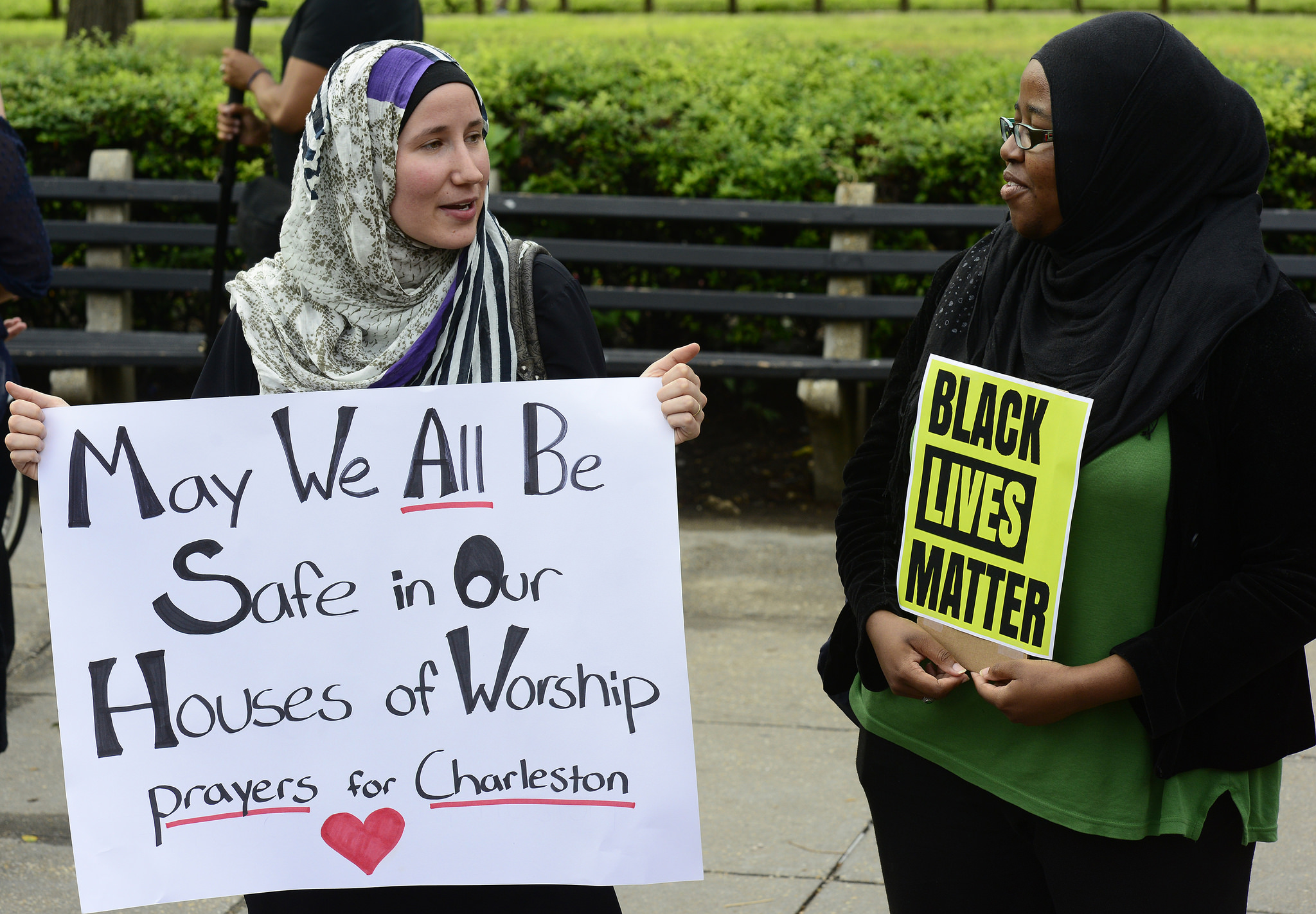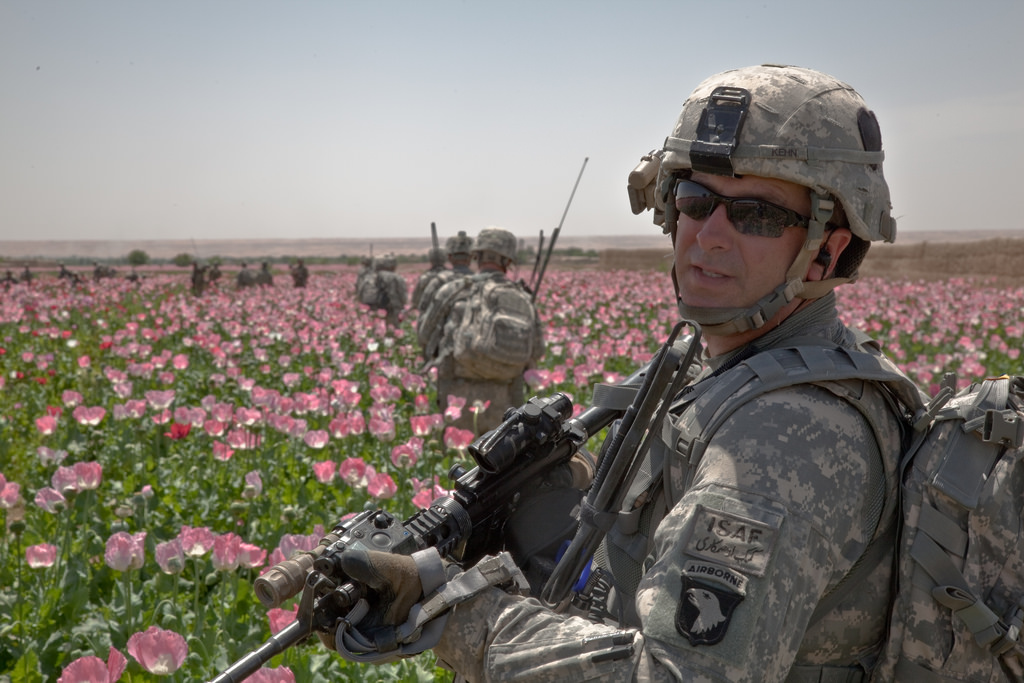What constitutes terrorism? Recent mass shootings in the United States, including those in San Bernardino, California, and Colorado Springs, have renewed a debate about how to define these disturbing and deadly incidents.
One part of the argument hinges on how journalists refer to these crimes in the media, with some, such as Jack Jenkins, arguing that Robert Louis Dear, the shooter who killed three people and wounded nine at a Planned Parenthood Clinic in November, is clearly a terrorist. By contrast, Kevin Gosztola observes that the term terrorism is essentially meaningless due to misuse.
Beyond how the media discusses mass killings, another factor is when and how courts decide to bring terrorism charges against a suspect. On Nov. 30, a Colorado court charged Dear with first-degree murder, but it could take weeks or months longer before Dear could face additional charges, including terrorism, amid an ongoing federal investigation. At the same time, the shooting in San Bernardino is already being treated as terrorism by federal investigators.



